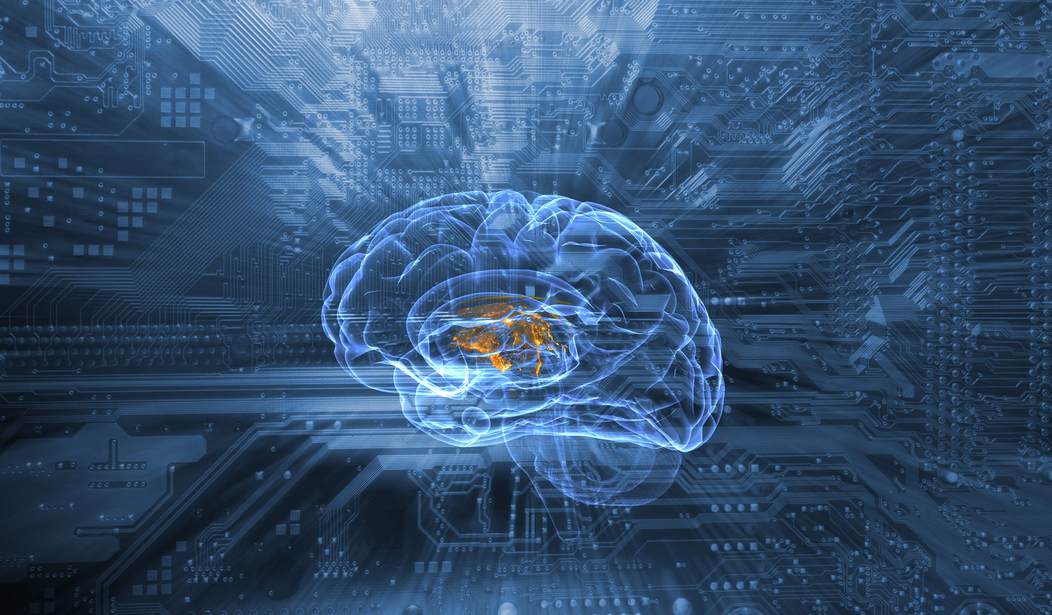Need proof that we’re all just living in a science fiction movie? Look no further than Nectome, a company that says it’s “committed to the goal of archiving your mind.” Of course, the technology to do this is nowhere near available (if it ever will be). All Nectome can currently provide is a method of preserving your brain so that the “connectome” — the synapses that connect your neurons — stays intact for hundreds of years, at which point (maybe) the technology to download your mind will exist. The catch? They have to kill you in order to do it.
It’s essentially assisted suicide with a twist — a very farfetched and completely theoretical twist. One day in the future, Nectome promises, scientists might be able to wake your brain back up, access your memories, and download them into a computer. Assuming that the “connectome” is all that is needed to experience memories.
Nectome calls its method “vitrifixation” and has so far successfully performed it on a rabbit brain (meaning that they’ve preserved all the synapses, not that they’ve downloaded any memories). According to their website, vitrifixation begins by injecting a “powerful chemical fixative” called glutaraldehyde into the brain. This “fixes,” or preserves, the brain in its current state. Then the brain is frozen to -122 degrees Celsius, which Nectome believes will keep it intact for hundreds of years — long enough, the company implies, for the science of downloading your brain to be invented.
Because the brain must be in peak condition in order for the memories to be (potentially) preserved, vitrifixation must occur while the person is still alive. Robert McIntyre, Netctome’s co-founder, said, “The user experience will be identical to physician-assisted suicide.” This means it could only be performed in states that allow assisted suicide. The company currently has a waiting list of 25 people, who have each paid a $10,000 deposit, to undergo this procedure once it’s approved for humans — and once, presumably, they’re ready to die.
So that’s how it works, but the real question is: what does it all mean? If Nectome really could download your brain into a computer, would this digital version of your memories actually be you? Or would the “you” of you have nothing to do with it? Can your subjective memories exist without you — like some kind of completely accurate home movie of your life? Or do you have to be there to experience them in order for them to exist? And how does all this relate to the idea of the soul, the afterlife, and immortality?
Nectome seems to take for granted that your “connectome” and the memories it contains are all you’d need in order to completely resurrect your mind. “If memories can truly be preserved by a sufficiently good brain banking technique,” Nectome’s mission statement reads, “we believe that within the century it could become feasible to digitize your preserved brain and use that information to recreate your mind.” But your mind and your memories aren’t necessarily the same thing. Your memories are fixed and finite — a record of your experiences — but your mind is a thinking thing, capable of having thoughts, feelings, and experiencing the world around it. Where, one wonders, is the spirit in all of this?
For those of us who believe we are more than just our physical bodies, the idea that “we” could suddenly be downloaded into a computer centuries after our deaths is problematic. And, frankly, the prospect of suddenly coming back from everlasting life to reside inside a computer sounds horrific. As does the idea that our loved ones might download something that seems like us, but isn’t us, into a computer, desperate for some way to hold onto us, instead of grieving us and letting us go.
On the other hand, Nectome’s eventual ability — or inability — to accomplish its goal might answer a lot of questions about what it means to be human. Then again, it may just leave us with more questions. Either way, though, it’ll make for an interesting episode of Black Mirror. Popcorn anyone?
Follow me on Twitter: @FaithKMoore









Join the conversation as a VIP Member